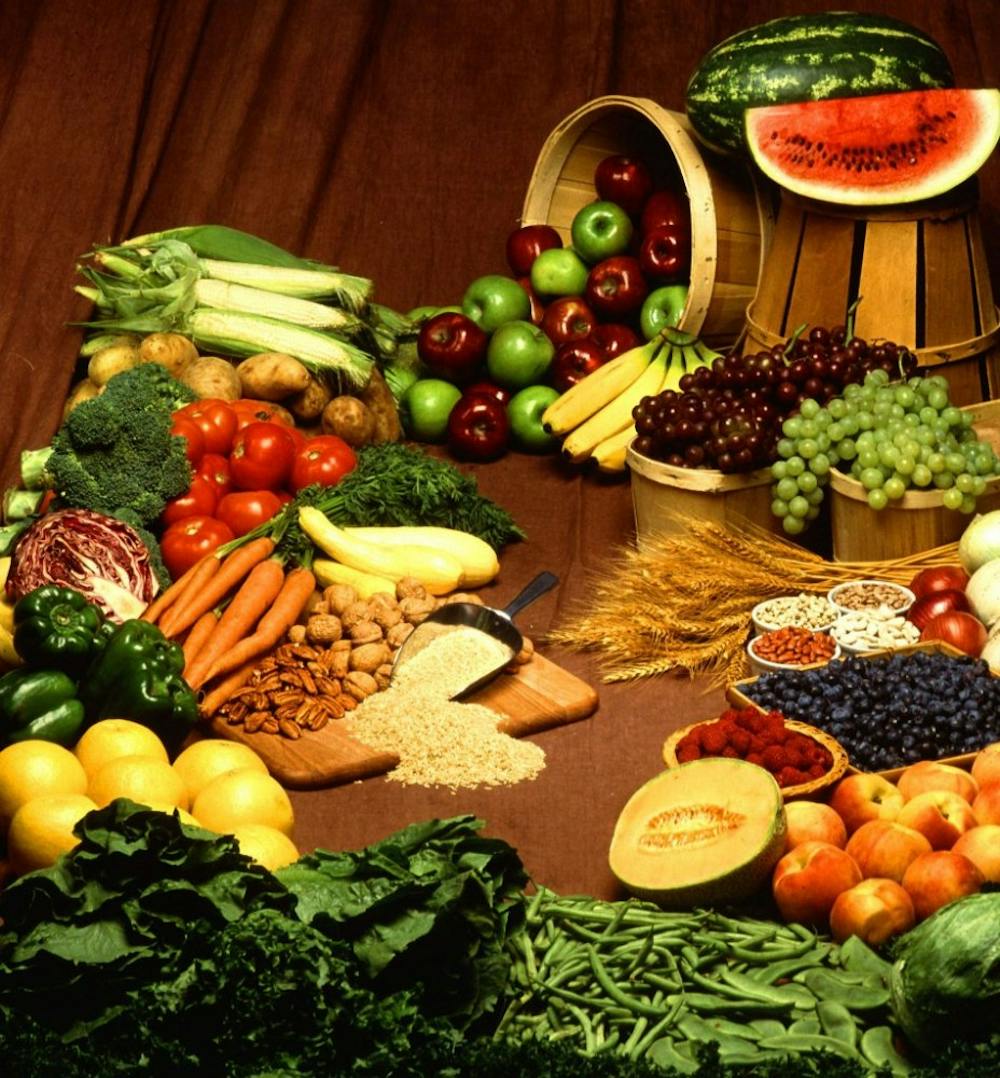Food as Medicine is a student group at Hopkins focused on improving the health of children attending Baltimore City public schools. According to Maryland’s Department of Education, 87.71 percent of Baltimore City public school students qualified for free or reduced meals for the 2015-2016 school year.
According to one of the club’s presidents, junior Nicole Michelson, Food as Medicine currently works with two different schools to provide health and nutrition workshops, school-wide health events and an after-school health-focused program. The group’s goal is to involve students as much as possible in the learning process. They hope that after working with students they will begin independently choose to focus on healthy living.
“I love working with children and finding ways to make information relatable, so Food as Medicine was the perfect crossroads of this desire to teach kids and help fill the gap in their curriculum,” Michelson said.
The two schools currently working with Hopkins students through the Food as Medicine program are Waverly Elementary
and Middle School and Barclay Elementary and Middle School. The organization visits each of these schools twice a week. The different workshops and programs run by Food As Medicine are guided by the Maryland Common Core Curriculum’s standards for nutrition.
Workshops this semester have been run on topics such as balanced eating, healthy meal substitutions, heart health, mental health, vitamins and minerals and artificial preservatives. The Food As Medicine volunteers want the students they work with to leave the workshops feeling empowered to take what they have learned and apply it to their daily lives.
Food As Medicine is an organization that is entirely unique to Hopkins. While this is not the first year of its existence, the 2015-2016 academic year is the first time the organization became entirely student run. The organization’s co-presidents are junior Nicole Michelson and senior Esteban Urias. As the organization’s current leaders, they are working towards their goal of expanding the number of Baltimore City schools Food As Medicine interacts with.
“Food and health education is so important — and the fact that these topics are not part of the Baltimore city school curriculum, particularly when so much of the city is a food desert, is a serious public health concern,” Michelson said.
For other individuals who are hoping to get involved, committing to Food As Medicine means volunteering at least twice per month in the organization’s workshops and clinics, volunteering and helping out at the Annual Health Fair. For more information on the organization and how to get involved, please email jhufoodasmedicine@gmail.com or visit foodasmedicinejhu.wordpress.com.





